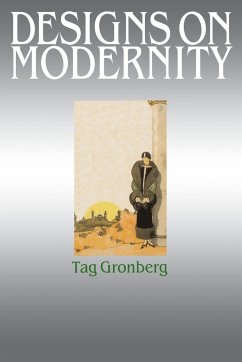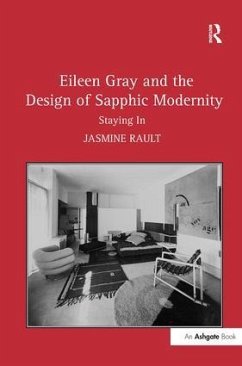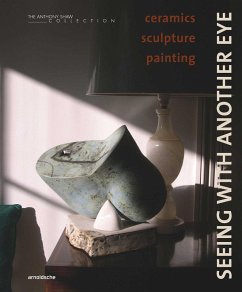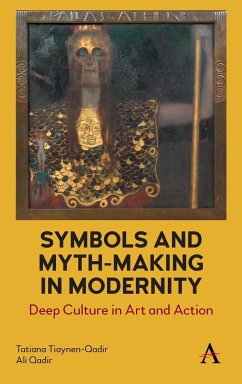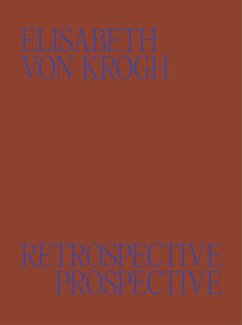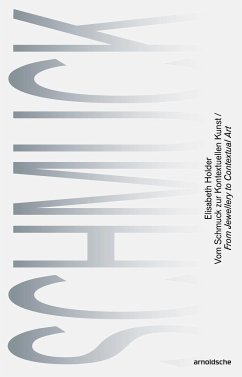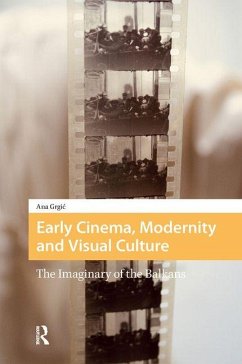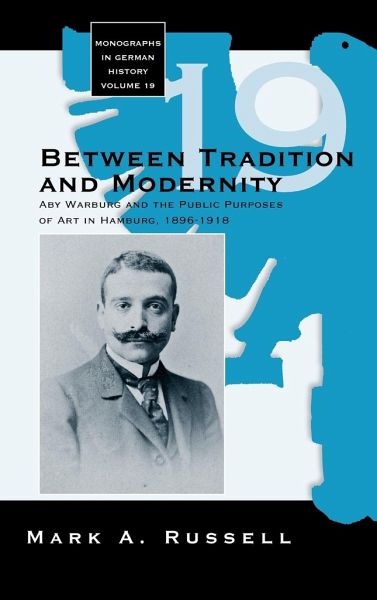
Between Tradition and Modernity
Aby Warburg and the Public Purposes of Art in Hamburg

PAYBACK Punkte
66 °P sammeln!
Aby Warburg (1866-1929), founder of the Warburg Institute, was one of the most influential cultural historians of the twentieth century. Focusing on the period 1896-1918, this is the first in-depth, book-length study of his response to German political, social and cultural modernism. It analyses Warburg's response to the effects of these phenomena through a study of his involvement with the creation of some of the most important public artworks in Germany. Using a wide array of archival sources, including many of his unpublished working papers and much of his correspondence, the author demonst...
Aby Warburg (1866-1929), founder of the Warburg Institute, was one of the most influential cultural historians of the twentieth century. Focusing on the period 1896-1918, this is the first in-depth, book-length study of his response to German political, social and cultural modernism. It analyses Warburg's response to the effects of these phenomena through a study of his involvement with the creation of some of the most important public artworks in Germany. Using a wide array of archival sources, including many of his unpublished working papers and much of his correspondence, the author demonstrates that Warburg's thinking on contemporary art was the product of two important influences: his engagement with Hamburg's civic affairs and his affinity with influential reform movements seeking a greater role for the middle classes in the political, social and cultural leadership of the nation. Thus a lively picture of Hamburg's cultural life emerges as it responded to artistic modernism, animated by private initiative and public discourse, and charged with debate.





